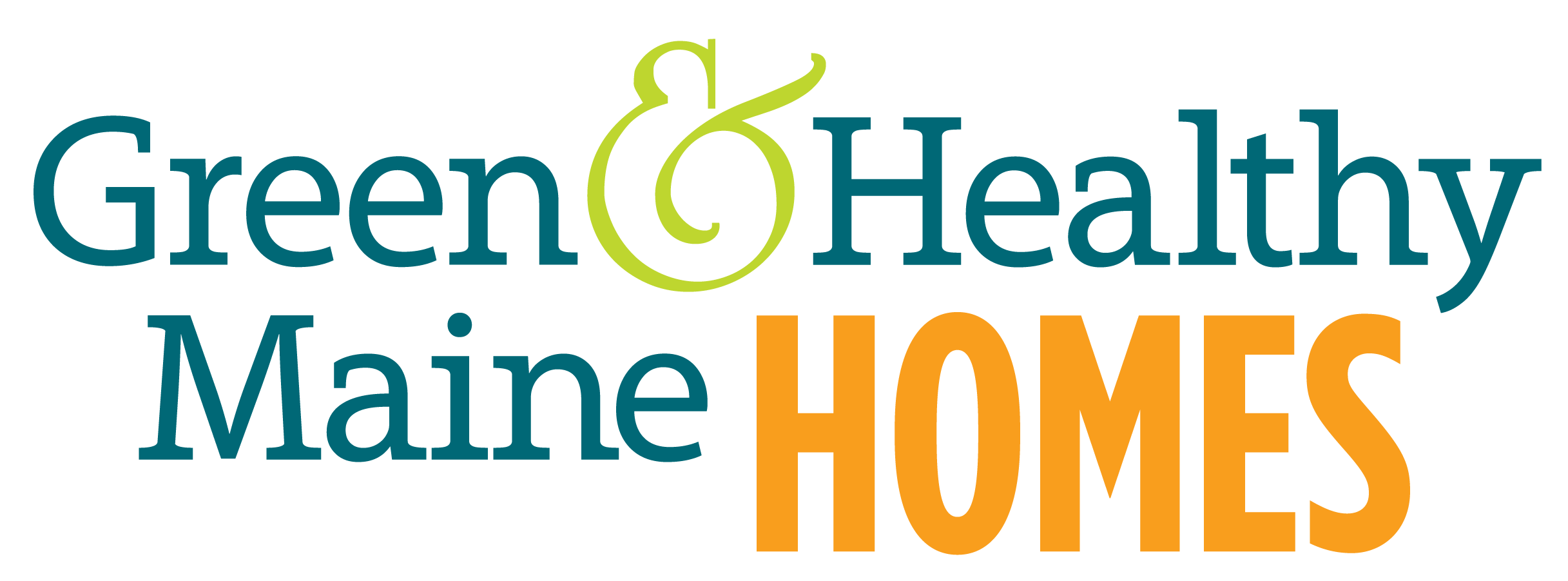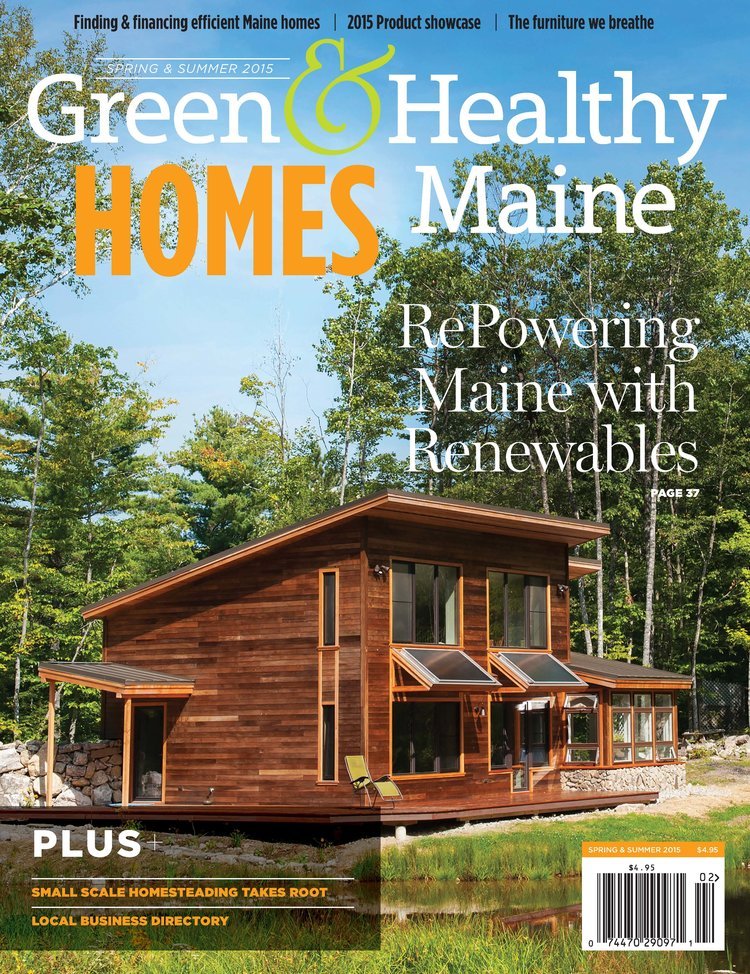10 tips to improve your home's indoor air quality
We often think of air pollution as being an outside problem. But in fact, indoor air (where people spend most of their time) can be more polluted than the air outside. Radon, lead, mold, carbon monoxide, chemicals, and pests are just some of the things found indoors that may impact your health and potentially damage your home. The Maine Indoor Air Quality Council suggests these simple tips to improve the air quality in your home, making it healthier for you and your family.
1. Control moisture to prevent mold and building rot
Mold, caused by too much moisture, is a common allergen and has been linked to asthma. And mold can cause significant structural damage to your home. Fix leaks promptly and dry wet areas quickly and completely. Keep your relative humidity level between 30-50% (purchase a hygrometer at your local hardware store). Vent high moisture areas such as kitchens, bathrooms, and laundry rooms directly to the outdoors.
2. Let the fresh air in
Buildings are for people, and people need fresh air. Ventilate your home to let fresh air in and exhaust stale air and pollutants out. Actively use your operable windows, exhaust fans or whole-house mechanical ventilation.
3. Vacuum at least once a week
Dust particles, allergens, and chemical residues can settle onto the surfaces of your home. Regular use of a good quality vacuum with a HEPA filter will remove these microscopic contaminants from the home.
4. Test your home for radon
Radon is the second leading cause of lung cancer nationwide, and the #1 cause of lung cancer in nonsmokers. It is estimated that a third of Maine homes have a radon problem and the only way to know for sure is to test. Contact the Maine Radiation Control Program at (800) 232-0842 for more information or visit maineradiationcontrol.org for tip sheets and lists of contractors.
5. Maintain your heating system and avoid combustion by-products
Burning anything, whether it’s oil, gas, wood, or a candle, releases chemicals into the indoor air. All heating systems should be serviced on a regular basis by a licensed professional and vented to the outdoors. Avoid all unvented fuel-burning heating appliances, don’t continuously burn candles, and never smoke indoors. Install smoke and carbon monoxide detectors. Contact your service provider for recommended cleaning and filter changes and use high quality filters.
6. Never scrape or sand paint without first checking for lead
Lead is a poison that attacks the nervous system. It is estimated that 80% of Maine homes and apartments built before 1978 could have some lead paint in them and young children (six and under) have the greatest risk of being poisoned by lead. Contact Maine Lead Poisoning Prevention Program at: 866-292-3474 or visit maine.gov/dhhs/eohp/lead for more information.
7. Control pests without pesticides
The health effects associated with pesticide exposure include irritation to the eyes, nose, and throat; damage to the central nervous system and kidneys; and for some, an increased risk of cancer. Strategies exist to control pests without using chemical pesticides. Contact the Maine Board of Pesticides Control (207) 287-2731 or visit thinkfirstspraylast.org for more information.
8. Landscape correctly
Poor landscaping can allow both moisture and pests to enter your home. Place all plants at least 24 inches away from the home and away from air intakes and exhaust vents. Use only non-woody mulch near foundation. Keep the earth sloping away from the home.
9. Inspect your home annually
Just like people, your home needs an annual checkup. Take the time to thoroughly inspect your home inside and out. Look for stains, wet spots, condensation, insects, insect damage, peeling paint, roof integrity, and overgrown trees and plants. Look at the plumbing under sinks and in the basement, check around windows, doors, tubs, showers, sinks and toilets, inspect the roof and the attic, as well as the basement or crawlspace—and address any problem areas as soon as possible.
10. Ask questions
When hiring home services professionals, be sure to ask for and review their credentials and references and confirm that they carry both workers’ compensation and liability insurance. Ask how their work will affect your home environment (what will they do to prevent exposure to particulates, contaminants and pollutants and can the home be occupied during the work?) And finally, be sure to obtain a contract for all work over $3,000, which is required by state law.
For more information on indoor air quality, visit the website of the Maine Indoor Air Quality Council: maineindoorair.org
This article appeared in the Spring 2015 edition of Green & Healthy Maine HOMES. Subscribe today!
Find Maine experts that specialize in healthy, efficient homes in the Green Homes Business Directory.



